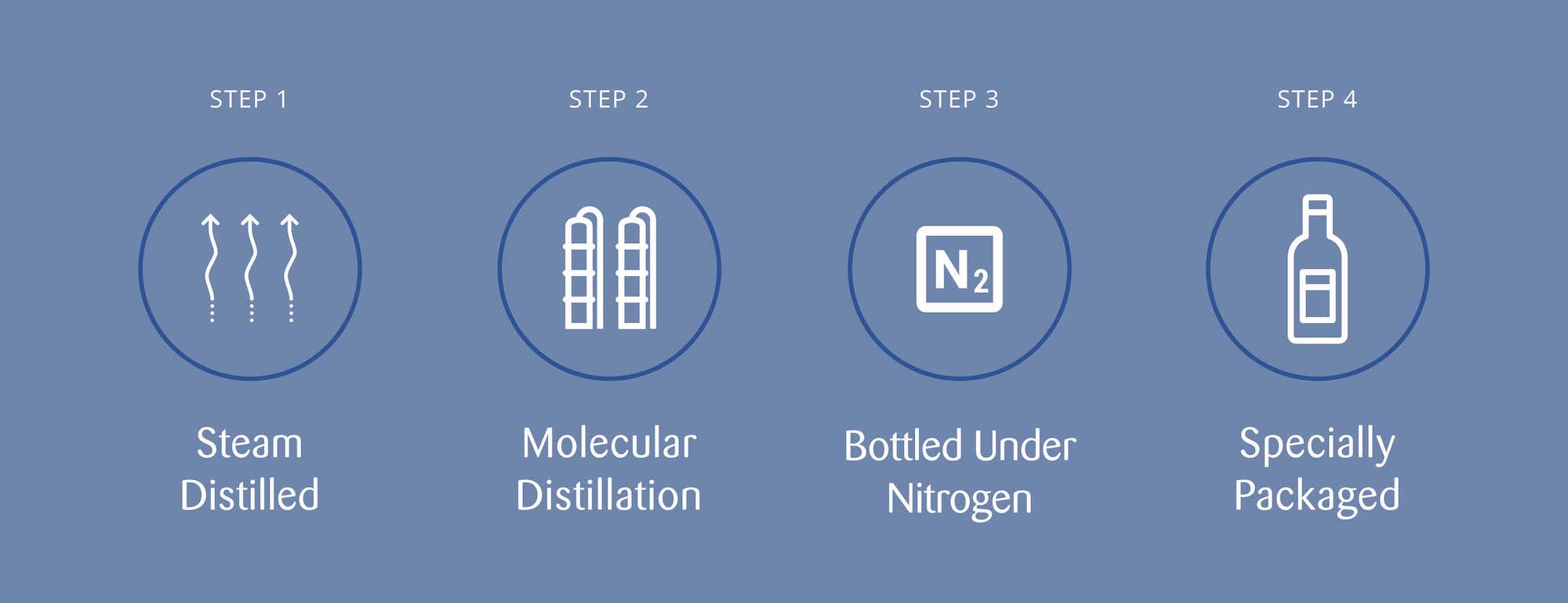Does Our Fish Oil Contain Mercury?
You have read about the dangers of consuming seafood and the associated risks of mercury toxicity. But what about our cod liver oil - does that too present a risk of mercury toxicity?
In short; no. If it did, we wouldn’t be recommending it to balance body chemistry. Also, a major focus of ours is to educate on the dangers of mercury and to provide safe passage in the removal of mercury.
The Differences Between Fish and Fish Oil
The difference between supplementing with our cod liver oil and eating fish is that in order to produce our cod liver oil, it goes through a multi-step purification process to remove toxins and preserve nutritional value. First, the fishermen remove and freeze the cod livers prior to delivery to the on-shore processors. The livers are then steam distilled to remove the oil. Further purification by a low-temperature high vacuum process known as molecular distillation produces exceptionally clean oil that is free of toxins. The oil is then bottled under nitrogen in the absence of light and packed in a special container to eliminate both photon and autoxidation.

One of the Purest, Highest Quality Cod Liver Oils
In fact, our cod liver oil - sourced from deep, pristine waters off the coast of Norway - is TGA approved, and as such, has to be third-party tested for pesticides, rancidity (oxidation), dioxins, furans, PCBs, plastics, and heavy metals (like mercury), making it a pure quality cod liver oil. The Therapeutic Goods Administration (TGA) is the Australian government watchdog for pharmaceutical-graded registered medicines for safety and quality.
Peppermint oil is added for natural flavouring. Unlike other flavours that contain petrochemicals or synthetic artificial flavours.
Fish, on the other hand, does not go through any purification process before we eat it. Hence it presents a great risk of exposure to mercury.























